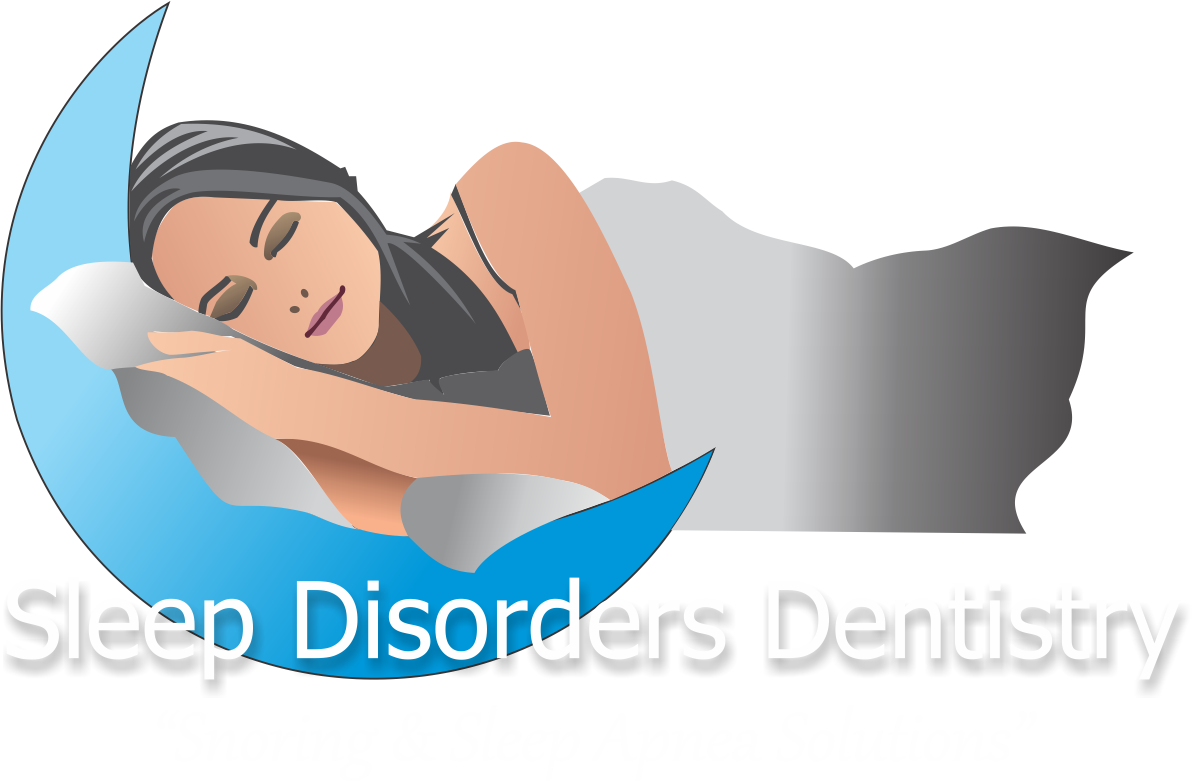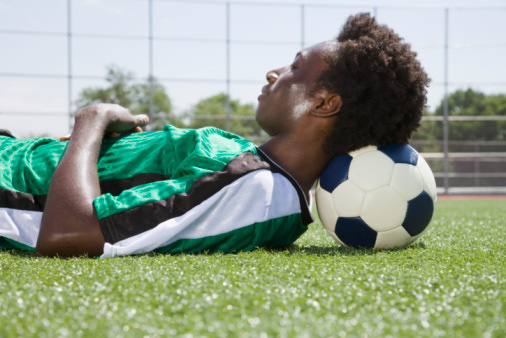Sleep Related to Physical Performance
The quality of your sleep is directly related to the quality of your performance during waking hours. Poor sleep has been associated with mood swings, fuzzy thinking, slow response rates, cardiovascular problems, reduction in daytime energy and daytime drowsiness; all of which will reduce the effectiveness of an athletes performance.
In recent years, star athletes have popularized the use of over-the-counter external nasal dilators. However, these external dilators have a potential for adhesive allergy and may prove to be costly due to their one-time-use.
Another popular style of nasal dilator exerts a gentle outward pressure when placed in the vestibule of the nose, dilating the anterior nasal cavity allowing for a greater flow of air. This style of dilator is reusable and does not pose an adhesive allergy risk.
A nasal dilator may remedy minor problems, but more serious breathing related sleep disorders may require other therapeutic approaches.
As with any medical disorder, the severity of symptoms is directly related to the severity of the disorder. Serious athletes will want to discount the presence of a breathing related sleep disorder at any level. As even a minor breathing related sleep disorder is likely to affect the level of their athletic performance.
Although anyone could have a breathing related sleep disorder, athletes with the highest risk include males over 40, neck sizes of 17 inches or larger and those individuals with a high body mass index. Screening for a potential breathing related sleep disorder would be a good way to ensure that the quality of your sleep is not preventing you from performing at your peak. Initial screening involves a simple questionnaire, thorough history and clinical evaluation. Should a concern be discovered, a Sleep Study through a Sleep Specialist would help determine the severity of the disorder and the therapeutic recommendations most appropriate for your situation.

